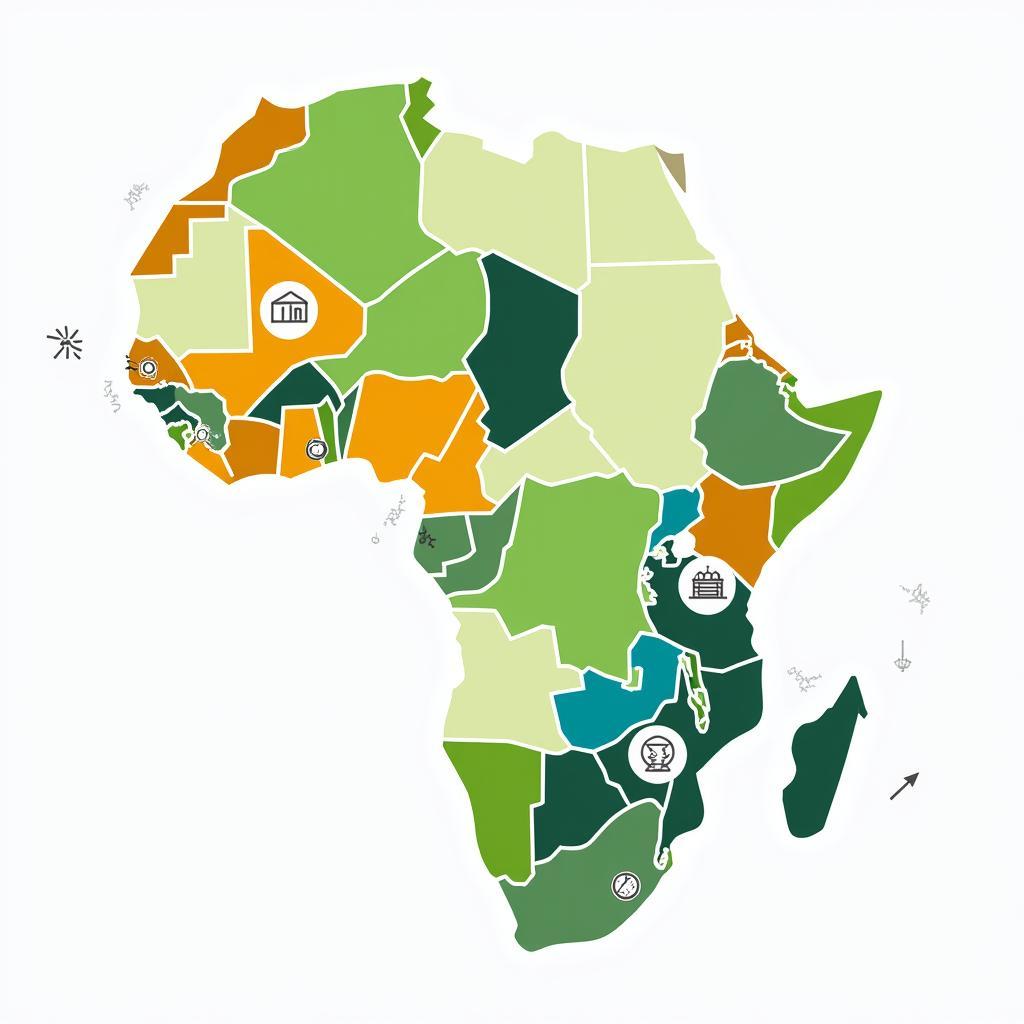The Power of the African American Voice: A Celebration of Cultural Impact
The African American Voice is a powerful force that has shaped American culture in profound ways. It is a voice that has resonated through music, literature, art, and social activism, leaving an indelible mark on the nation’s history and identity. From the spirituals of the slave era to the hip-hop beats of today, African American voices have consistently pushed boundaries, challenged conventions, and inspired generations.
A Rich Legacy of Storytelling
The African American experience is one of resilience, creativity, and a deep connection to heritage. This rich tapestry of experiences has been woven into the fabric of American storytelling, offering unique perspectives and powerful narratives.
-
Literature: From the groundbreaking works of writers like Langston Hughes, Maya Angelou, and Toni Morrison to the contemporary voices of Ta-Nehisi Coates and Colson Whitehead, African American literature has explored themes of race, identity, and the struggle for equality with profound honesty and artistic brilliance.
-
Music: African American music has served as a conduit for expressing the joys, sorrows, and aspirations of a community. From the soulful melodies of blues and jazz to the rhythmic energy of gospel and hip-hop, music has been a powerful force in shaping the cultural landscape of the United States.
-
Art: African American artists have used their talents to express their cultural heritage, challenge societal norms, and inspire social change. From the vibrant colors of the Harlem Renaissance to the powerful imagery of contemporary artists, African American art reflects the diversity and strength of the African American experience.
The Impact of African American Voices on Social Change
Throughout history, African American voices have been instrumental in driving social change and demanding equal rights and justice.
-
Civil Rights Movement: Leaders like Martin Luther King Jr., Malcolm X, and Rosa Parks used their voices to inspire millions and advocate for racial equality. Their courage and unwavering commitment to justice laid the foundation for a more inclusive society.
-
Black Lives Matter: This contemporary movement, ignited by the senseless killings of Black individuals at the hands of law enforcement, has galvanized a new generation of activists and amplified the call for systemic change. The Black Lives Matter movement has brought the issue of racial injustice to the forefront of national discourse.
A Continuous Evolution
The African American voice is not a monolithic entity; it encompasses a diverse range of perspectives, experiences, and artistic expressions. This diversity is a testament to the richness and complexity of the African American community.
“The African American voice is a constant evolution,” says Dr. Maya Johnson, a prominent sociologist specializing in African American cultural studies. “It is a voice that is always adapting, always growing, and always challenging us to see the world in new ways.”
The Future of the African American Voice
The African American voice continues to be a powerful force in American culture. It is a voice that speaks truth to power, celebrates resilience, and inspires hope for a more just and equitable society. It is a voice that will continue to shape the future of the nation, reminding us of the importance of diversity, empathy, and the pursuit of social justice.
FAQ
Q1: What are some examples of influential African American writers?
A1: Some notable African American writers include Langston Hughes, Maya Angelou, Toni Morrison, James Baldwin, Alice Walker, and Ta-Nehisi Coates.
Q2: How has African American music impacted American culture?
A2: African American music has shaped the sound of American popular culture, influencing genres like rock and roll, pop, and country music. It has also played a crucial role in social movements and the expression of Black identity.
Q3: What is the significance of the Black Lives Matter movement?
A3: The Black Lives Matter movement has brought attention to the systemic racism and police brutality faced by Black people in the United States. It has led to widespread protests, calls for police reform, and a renewed national conversation about racial justice.
Q4: What are some ways to celebrate African American culture?
A4: There are many ways to celebrate African American culture, including reading African American literature, listening to African American music, visiting museums dedicated to African American art and history, and supporting Black-owned businesses.
Q5: How can we ensure that the African American voice is heard and valued?
A5: We can ensure that the African American voice is heard and valued by actively listening to Black perspectives, supporting Black-owned businesses and organizations, and advocating for policies that address racial inequality. We must also challenge our own biases and work towards creating a more inclusive and just society.
Q6: Where can I learn more about the history and legacy of African American culture?
A6: There are many resources available for learning more about African American culture, including museums, libraries, universities, and online resources.

